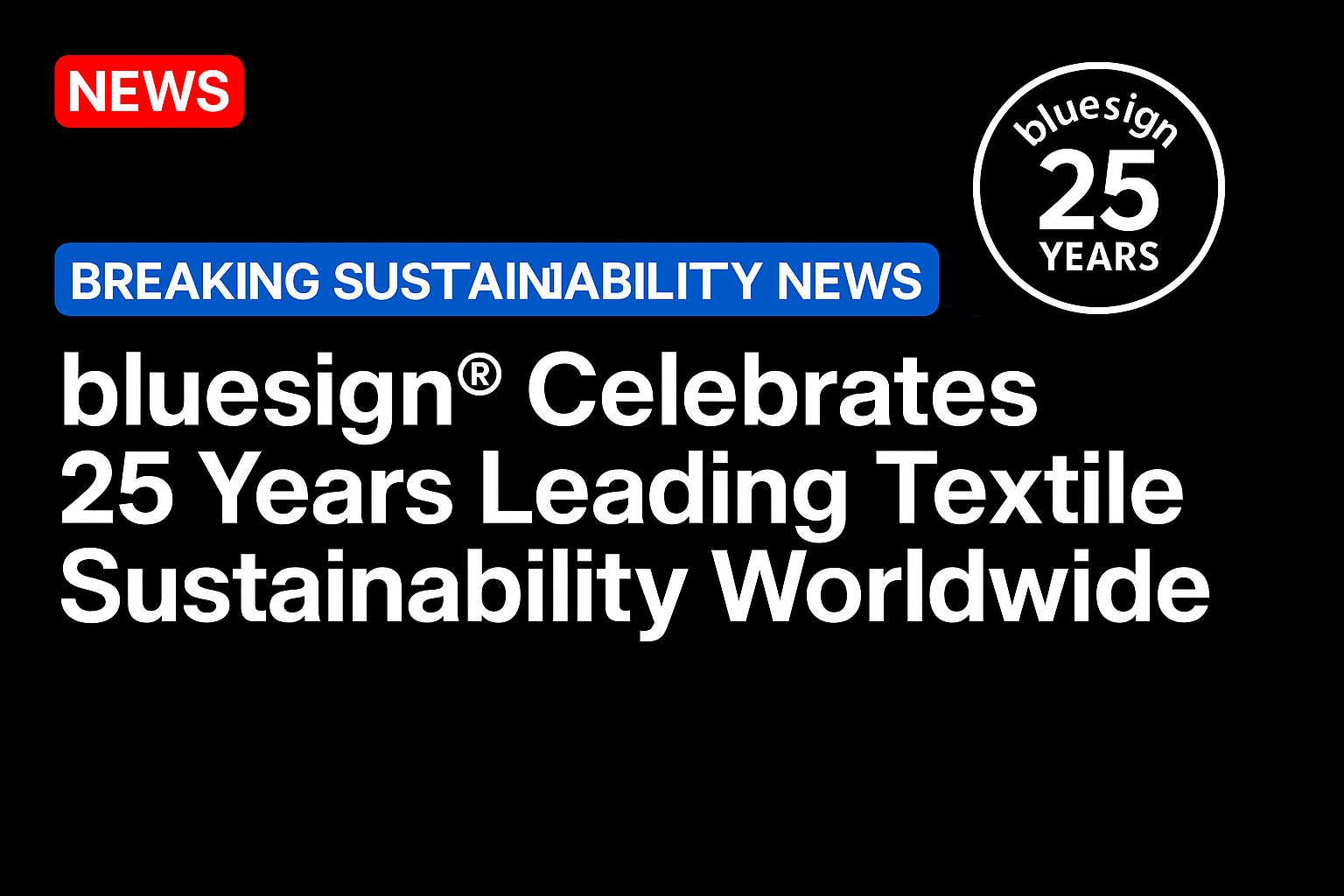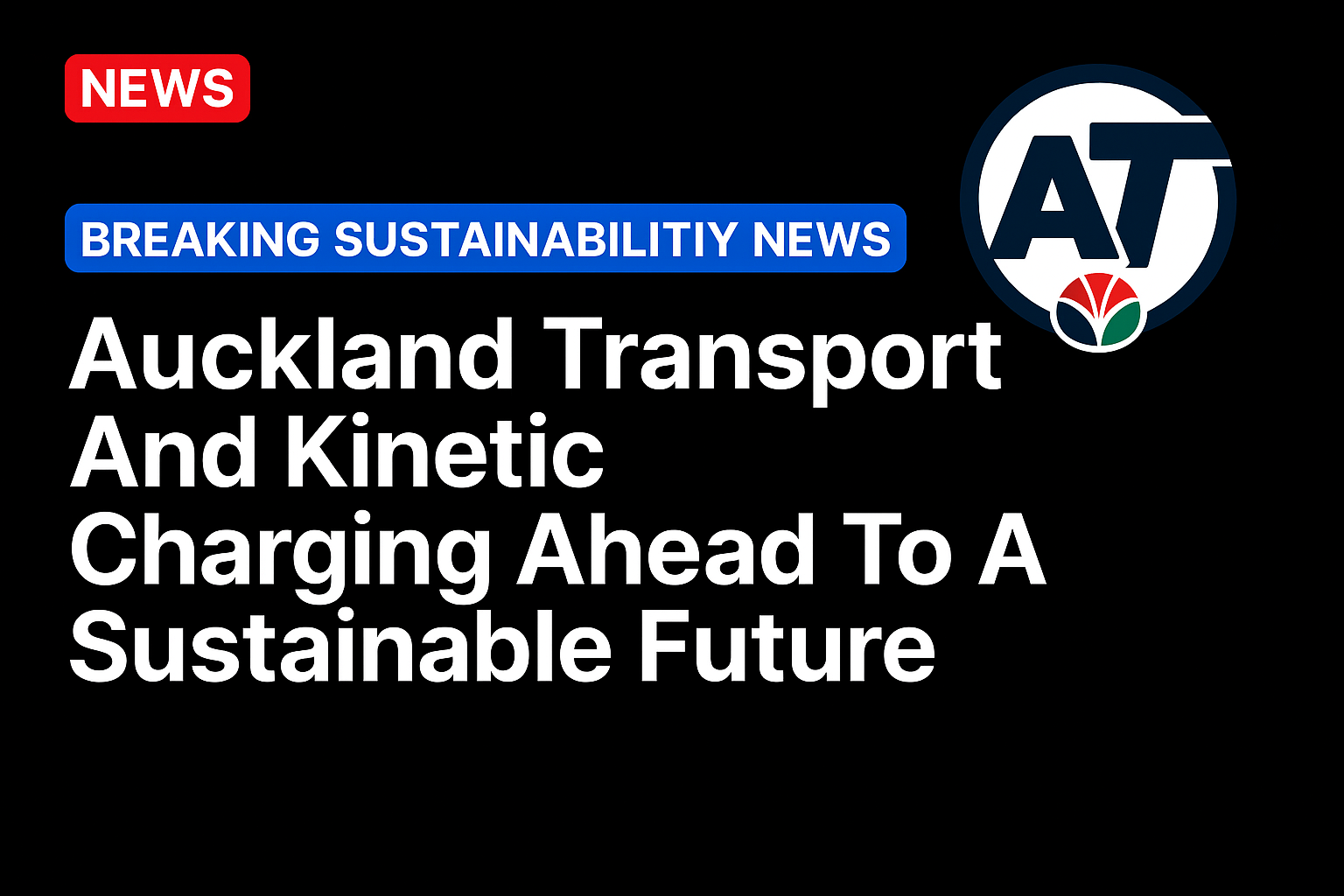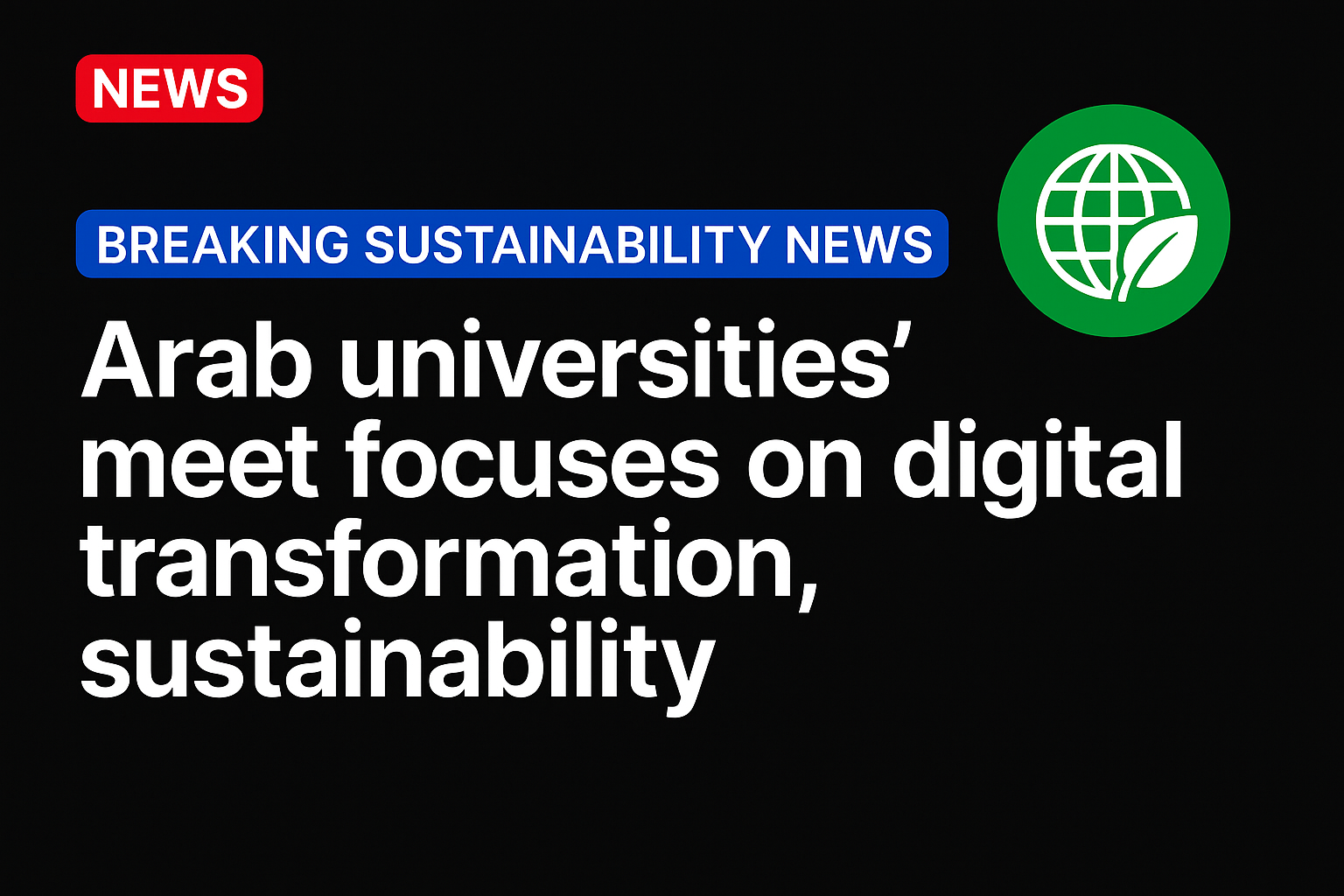bluesign®, the Swiss-based textile industry standard for sustainability, is celebrating its 25th anniversary, marking a landmark quarter-century of driving safer chemicals, cleaner manufacturing, and sustainable material use across global supply chains.
Pioneering Sustainable Textiles Since 2000
Launched at the turn of the millennium, bluesign® set out with a transformative vision: to eliminate harmful chemicals from textile manufacturing and protect workers, consumers, and the environment. Over 25 years, it has developed a comprehensive system that audits textile production—from raw material sourcing to finished garments.
A System That Matters
bluesign® certifies material manufacturers and assigns textile products a traceable ‘bluesign® APPROVED’ label. This label assures brands and consumers that textiles meet rigorous criteria—including chemical safety, resource efficiency, water management, and transparency. Over 1,000 manufacturers and 2,000 brands worldwide rely on bluesign® to align with sustainability goals.
Measurable Impact
- Chemical reduction: bluesign® has slashed the use of over 2,100 hazardous chemicals.
- Water & energy savings: certified facilities have achieved up to 25% savings in water usage and 15% in energy consumption.
- Material innovation: the program has spurred development in recycled fibers, safe dyes, and next-gen bio-based inputs.
Brands like Patagonia, Adidas, and The North Face—along with large retailers and industry groups—have broadly adopted bluesign® principles to embed sustainability into their product lines.
Celebrating the Milestone
To mark its silver anniversary, bluesign® has launched a “25 for 25” task force, targeting 25 strategic initiatives over the next five years. These include expanding certified facilities in India and Southeast Asia, accelerating circular economy solutions, and incorporating emerging technologies that improve sustainability tracking.
The Road Ahead
As textile production grows globally—especially to serve fast-fashion and technical wear markets—bluesign®’s role becomes more crucial than ever. The organization will continue collaborating with stakeholders to set new environmental benchmarks, deliver climate resilience, and foster a responsible global textile ecosystem.





